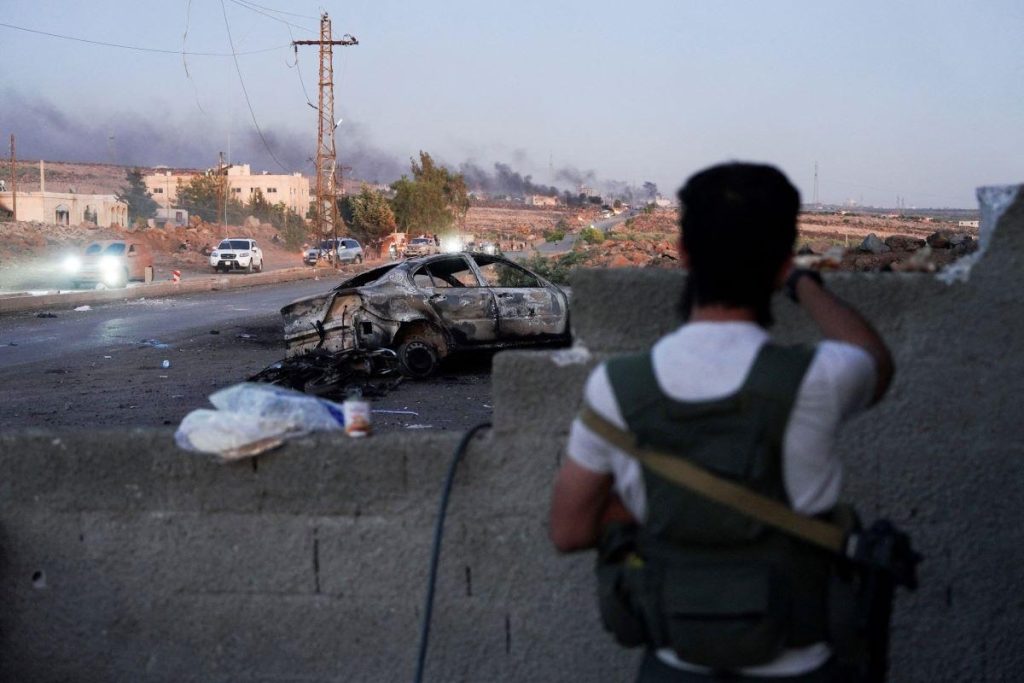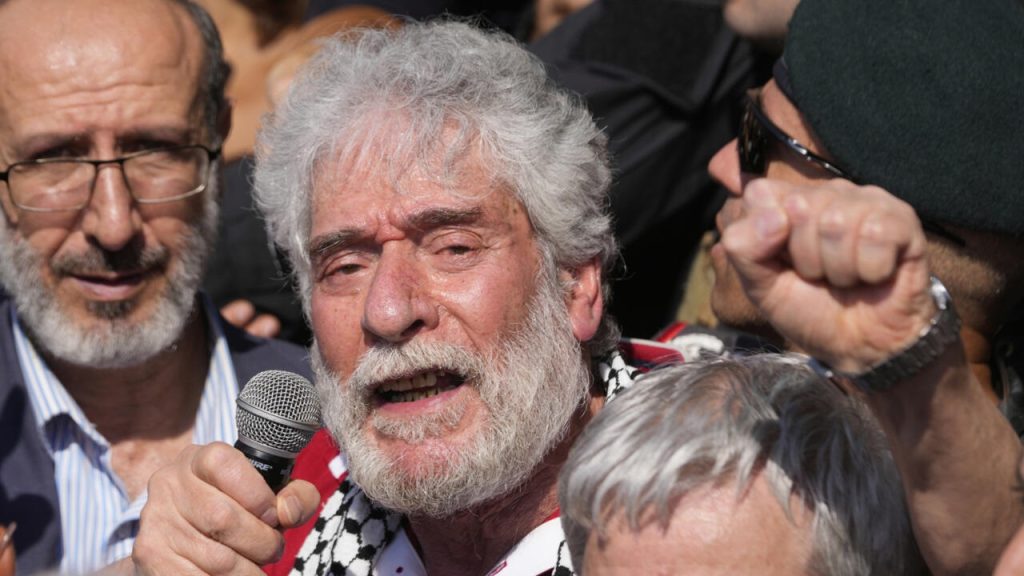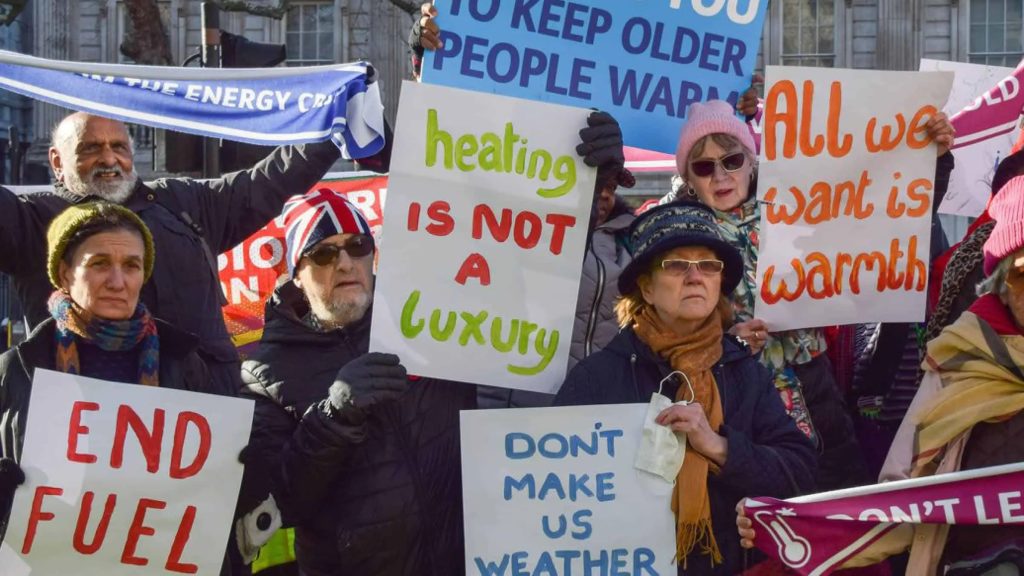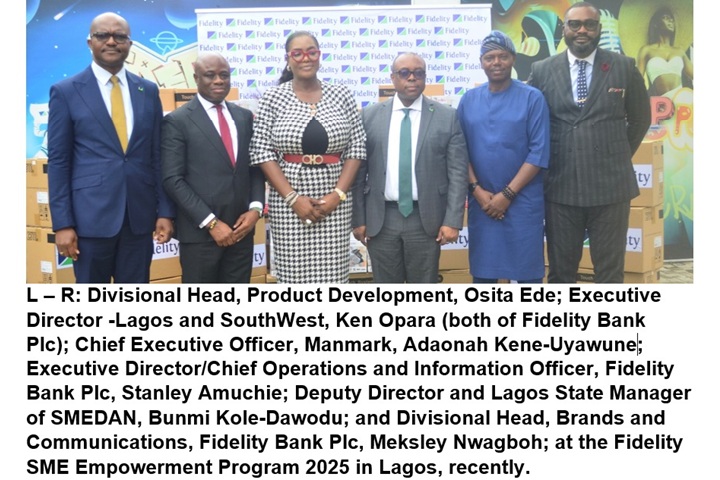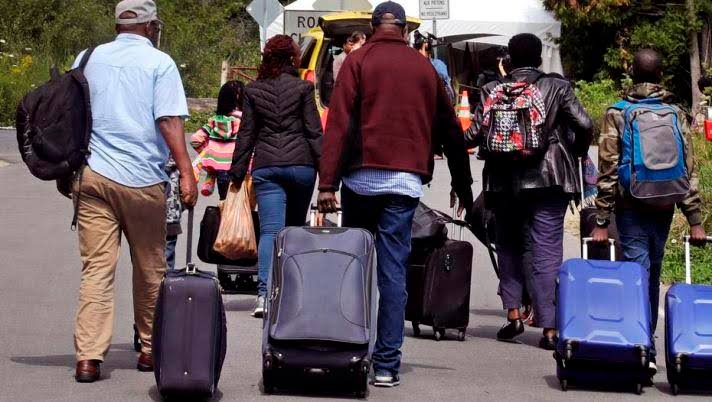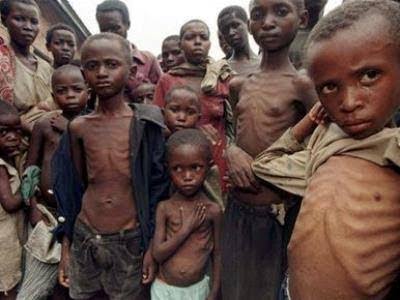Economy
Breaking: LG chairman disburses ₦92 million as Sallah package to residents
DDM News
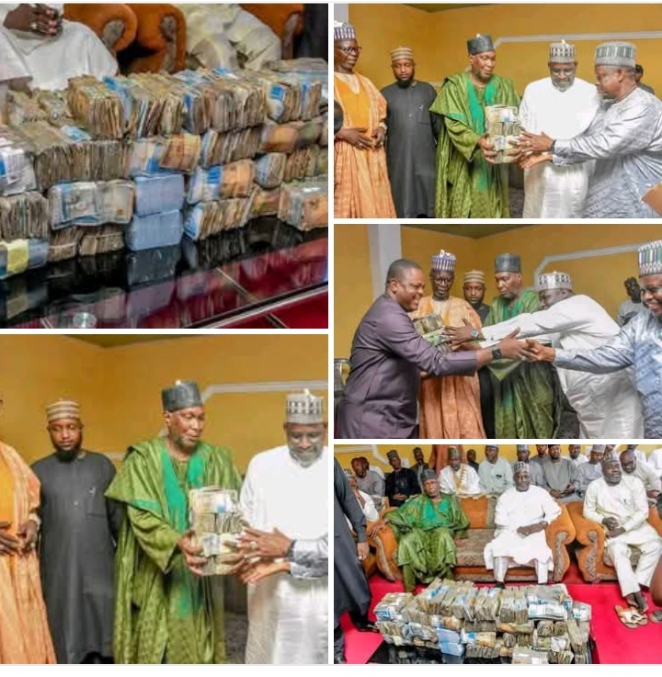
The Executive Chairman of Maiduguri Metropolitan Council in Borno State, Hon. Tijjani Umar, has reportedly disbursed the sum of ₦92 million to residents as part of a Sallah welfare initiative.
This move, which was announced ahead of the Eid celebrations, saw thousands of residents receive financial packages as part of the local government’s effort to support the public during the festive season.
According to sources within the council, the funds were distributed to various categories of beneficiaries, including vulnerable residents, party loyalists, and community representatives.
Diaspora Digital Media (DDM) gathered that this form of festive intervention has become a regular tradition among northern politicians, especially during major Islamic holidays such as Eid-el-Fitr and Eid-el-Kabir.
While some residents have welcomed the gesture, others have raised critical concerns about the long-term implications of such political handouts.
Critics argue that while the disbursement may provide temporary relief, it reinforces a cycle of dependency and political manipulation that undermines genuine development.
Observers note that rather than using public funds to build infrastructure, create sustainable jobs, or support entrepreneurship, some northern politicians continue to focus on cash giveaways that yield little in terms of long-term benefits.
According to some civil society voices, this strategy has contributed significantly to the region’s underdevelopment, as leaders prioritize loyalty over productivity.
They warn that such monetary disbursements, though seemingly generous, are often politically motivated and serve to maintain the status quo by keeping the population reliant on the political class.
Social commentators have also emphasized the need for a shift from consumption to production, urging leaders to invest in economic empowerment programs that foster innovation and reduce poverty sustainably.
The ₦92 million disbursed could have been directed toward skills acquisition schemes, micro-enterprise support, or educational interventions, they argued.
Until the political culture in the region shifts toward investment in human capital and productive capacity, many believe northern Nigeria will continue to lag behind in national development indicators.
The call for a reorientation is growing louder among Nigerians who want to see a break from politics of handouts and a move towards politics of empowerment.
For Diaspora Digital Media Updates click on Whatsapp, or Telegram. For eyewitness accounts/ reports/ articles, write to: citizenreports@diasporadigitalmedia.com. Follow us on X (Fomerly Twitter) or Facebook



